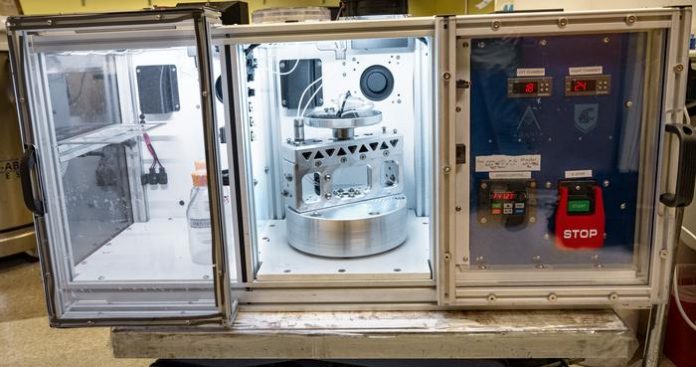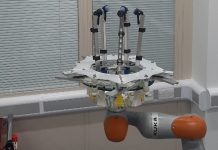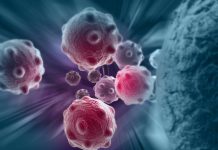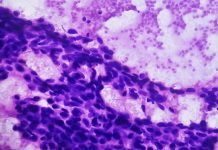A new method for quickly growing cancer-killing white blood cells can potentially enhance the accessibility of immunotherapy
Immunotherapy is a treatment that harnesses the body’s immune system to target and attack cancer cells specifically. Scientists at Washington State University have created a compact bioreactor, roughly the size of a mini fridge, capable of creating T cells – immune cells, at a rate of 95% of their maximum growth potential. This speed is approximately 30% quicker than existing technologies.
Accelerating T-cell production
The team documented their findings in the Biotechnology Progress journal. They achieved this breakthrough using T-cells obtained from cattle, developed by co-author Bill Davis of WSU’s Veterinary College, and anticipate it will perform similarly on human cells.
As of 2022, more than 1,400 distinct T-cell-based therapies were in various stages of development, and the FDA had approved several of these therapies to address a range of cancer treatments.
As of 2022, more than 1,400 distinct T cell-based therapies were in various stages of development
The widespread use of the chimeric antigen receptor T-cell (CAR-T) therapy has been limited because of the substantial expenses and time associated with T cell cultivation. Each infusion requires up to 250 million T-cells to treat cancer patients.
“The manufacturing demand for this growing number of therapies is not being met, so there is a gap that needs to be filled in terms of biomanufacturing solutions,” said first author Kitana Kaiphanliam, a postdoctoral researcher in WSU’s Gene and Linda Voiland School of Chemical Engineering and Bioengineering.
Machine-powered cell production
The bioreactor employs centrifugal force to influence the developing cells, maintaining them in suspension as a concentrated and consistently exposing them to an inward stream of nutrient-rich medium.
The prototype comes from forty years of research focusing on creating a centrifugal bioreactor to expedite the growth and condensation of cells. The latest prototype is entirely self-contained within a sterile enclosure.
The researchers are actively working on improving their bioreactor’s capabilities. Their objective is to incorporate multiple chambers into the system to generate a sufficient quantity of cells in just three days to fulfill three therapy doses.
They have plans to commence experimentation with human T cells and have initiated discussions with cancer researchers for beta testing at the Fred Hutchinson Cancer Center.
Editor's Recommended Articles
-
Must Read >> How to recognise less common breast cancer symptoms
-
Must Read >> Cracking the genetic code of a rare kidney cancer














